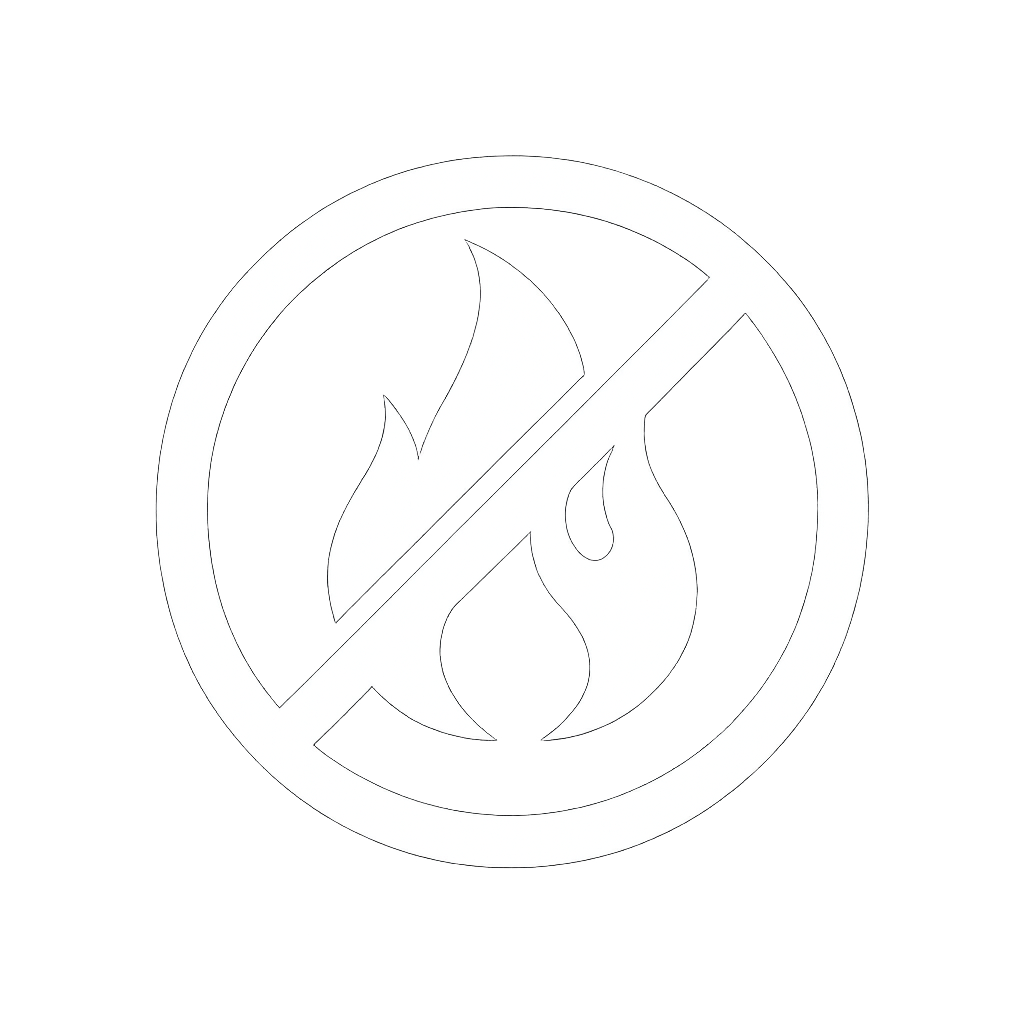🏳️🌈 Coming Out After Religious Trauma
A guide for navigating identity, safety, and self-trust
Why It's Different for Survivors of High-Control Religion
Coming out is never easy. But for those raised in high-control religious environments, it can feel like stepping off a cliff — into rejection, hellfire threats, or total isolation.
You may have been taught that being queer was a sin, a sickness, or a test.
You may still hear those voices in your head — even if you no longer believe them.
This guide is here to help you move at your pace.
You don’t owe anyone a performance of pride.
You deserve safety, softness, and space.
💡 Before You Come Out
Ask yourself: Who am I coming out for?
If it’s for you, beautiful. If it’s for them, pause.Assess your safety:
Can this person handle this information with care? Could they jeopardize your housing, job, or emotional stability?Find your people first:
Before coming out to unsupportive family or friends, build a network of affirming folks (online or in person) who get it.Prepare for complicated emotions:
Relief, grief, euphoria, fear — all of it is valid. Trauma recovery isn’t linear, and neither is coming out.
🔧 Tips and Tools
Write it out first.
Draft a letter, voice note, or message before speaking it aloud. Sometimes seeing it written helps clarify your feelings.Use phrases that feel true to you.
“This is something I’ve known for a while but didn’t feel safe saying.”
“I’m learning to love who I really am — not who I was told to be.”
“I don’t have all the answers yet. I’m okay with that.”Make space for anger.
You may feel betrayed by your past. You might mourn the time you lost hiding or hating yourself. That rage is holy. Don’t stuff it down.Let go of the myth that healing means ‘being okay with everything.’
You can still have boundaries with family. You can still cut off people who choose hate over love.
🧠 Trauma-Aware Affirmations
“I am not a sin. I am a full human being.”
“Their discomfort is not my responsibility.”
“My safety matters more than their approval.”
“I don’t need to be ‘healed.’ I need to be held.”
“I get to define what wholeness means to me.”
📚 Further Support
🔗 Books
Radical Acceptance by Tara Brach
The Velvet Rage by Alan Downs
Gay Girl, Good God by Jackie Hill Perry – only to critically examine internalized homophobia
Unashamed by Amber Cantorna (queer daughter of a Focus on the Family executive)
Leaving the Fold by Marlene Winell (includes LGBTQ stories)
🔗 Online Communities
r/LGBTLateBloomers (Reddit)
Queer Exvangelical / Post-Christian Facebook groups
@QueerTheology on Instagram
The Trevor Project (support & hotline): thetrevorproject.org
🔗 Therapist Directories
Open Path Collective — affordable options
